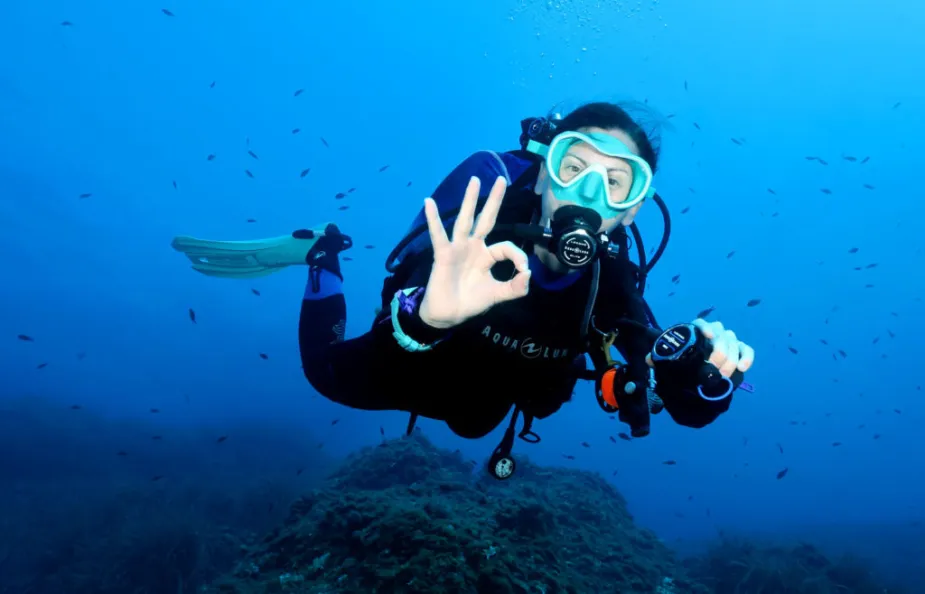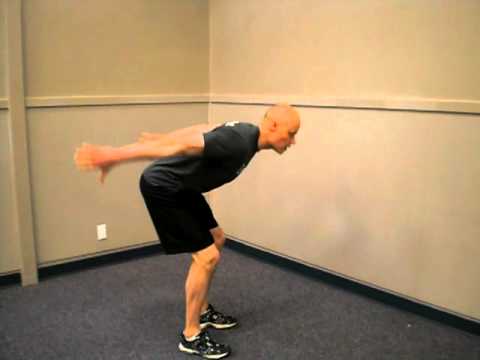Before you start scuba diving, it is important to know what scuba gear you need. There are many different types of scuba gear available, including regulators, tanks, weights, and regulators. It is best to buy the right equipment based on the conditions where you plan to dive. Here are some tips to help you purchase the best scuba gear for your needs. Read on to learn more! This article will walk you through the basic scuba gear and help you choose the best one for your needs.
Buying your own scuba gear
While renting scuba equipment is an easy and convenient option, you might not be happy with the quality or the cleanliness of it. Furthermore, renting scuba gear can be dangerous and dirty. By purchasing your own gear, you can ensure that you’re using the latest and best equipment available. Moreover, you can keep a record of the condition of each item to know when to replace it. In addition, buying scuba gear also saves you money, as you can use it more often.
Whether you’re a beginner or a seasoned diver, you should invest in a full set of scuba gear. While you may need to spend more money initially, it will surely pay off in the long run. Besides, full sets of scuba equipment are a great investment and will pay off in the long run. However, you should consider renting before buying scuba gear to avoid paying extra for it.
The best way to avoid spending too much money on renting scuba gear is to buy your own. Owning your own equipment will ensure that it fits you perfectly, and it will also increase the safety and comfort of your dives. Whether you prefer buying or renting, it’s a good idea to buy the scuba equipment that fits properly. When you’re starting out, it can be hard to decide between buying a new set or a second hand one.
Renting scuba gear
There are many advantages of renting scuba gear. Not only is it convenient, but it can also save you a lot of money in the long run. Even those who do not dive often can rent scuba gear right away, and save themselves the cost of purchasing expensive dive gear and paying for maintenance and insurance. You can hand your gear off to a rental store staff, which will clean and inspect it frequently. While you can look over your BCD and regulator, you won’t know if they are still in good condition.
When it comes to comfort, one of the biggest problems that you can experience is not wearing the proper scuba gear. A properly fitting mask and BCD can increase your comfort underwater, but you don’t want to end up with a leaky dry suit in cold water. Whether you rent or buy your dive gear, it’s always good to know how comfortable it is before you start. It can also make your dive experience more fun.
Buying scuba gear is an investment that can cost you thousands of dollars. While you can buy the necessary items that you need, it’s best to start with a rental so you can use it as soon as possible. This way, you can get familiar with the equipment and learn how to use it properly. Furthermore, you can try out different brands, models, and types of gear before committing to one brand or model.
Buying used scuba gear
Buying used scuba gear is a good option for those who want to save some money, but there are some caveats to be aware of. Used gear is often less expensive than new gear, but a used item might not last as long as a new one. Before you start looking, ask questions about the quality and the condition of the gear. If you are unsure, walk away. It’s a good idea to try on used dive gear before you make a final purchase.
First of all, buying new offers more advantages. Not only do you get to check out the entire inventory, but you can also get a full guarantee. In addition, if the gear doesn’t fit properly, you can always return it. You can also schedule a meeting with the seller to discuss the equipment. Secondhand gear is also more cost-effective, and you can buy the dive equipment that you really want, rather than the one that doesn’t fit properly.
Second-hand scuba gear is another great option, but be cautious when purchasing used. Second-hand equipment has already been used by someone, so you’ll never know if it’s hygienic or up to par. You could also end up with a dud if the seller misleads you into buying it. You need to know what to look for and how to bargain with the seller.



